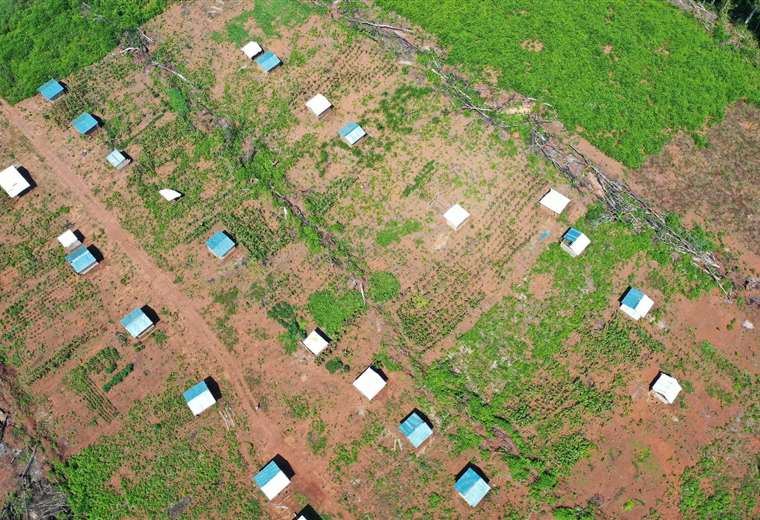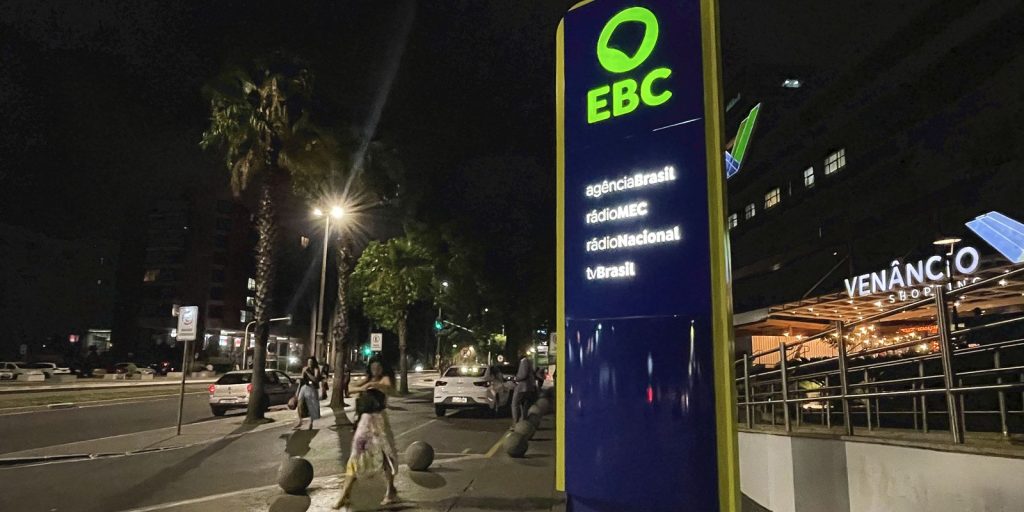November 23, 2024, 5:14 PM
November 23, 2024, 5:14 PM
In a new opinion poll by Bolivian Institute of Foreign Trade (IBCE), 89% of respondents believe that Justice does not defend agricultural producers from being overwhelmed in eastern Bolivia. That was one of the most outstanding answers, of the eight questions that were asked in digital format.
At the initiative of the IBCE Board of Directors, made up of entities from the agricultural, forestry, exporting, importing, commercial, industrial, services, tourism and customs sectors, the opinions of 1,181 people, between November 19 and 21.
The responses showed that a 99% believed that the subjugation of productive properties harms the development of Bolivia; 97% said that oppressors prevent the production and export of more food; 99% stated that land seizures threaten legal security and 98% believed that land seizures prevent more private investment in agriculture.
Likewise a 83% said they know that in Santa Cruz there are attacks by armed people; 89% thought that justice does not defend the agricultural producer against the oppressors; 99% said that justice should severely punish those who subjugate productive properties; finally, a 99% thought that the Government should take urgent measures to stop the abuses in Bolivia.
The manager of the IBCE, Gary Rodríguez, at a conference held in La Paz, indicated that at this moment, what Bolivia needs most is peace social and legal security for investment in general and for agriculture in particular, with a view to generating higher levels of food production and exports that allow the country to grow more and attract the foreign exchange that it so badly needs to finance the fuel import, inputs, capital goods and transportation equipment.
“Unfortunately, at the dollar shortagethe abnormality in the supply of diesel and the drop in international prices, the scourge of the subjugation of properties in productionin the countryside, which undermine such purposes, in addition to showing us to the world as a country where private property is not respected and the justice system does not resolve the reported cases, as it should,” lamented Rodríguez,
At the same time, he maintained that “when a productive property where soy is planted is overwhelmed, not only the production of this grain is affected, but also the rotation crops with soy such as wheat, corn, sorghum, sunflower, chia and the soybeans themselves that will be used for seed. The impact is very great, potentially compromising not only agricultural exports, but also, food safety due to the loss of forage for meat production.”
Rodríguez said that, to know the citizen perception on the subject, the IBCE carried out a digital opinion poll with 8 closed questions. 1,181 responses were received. The study reveals a resounding rejection of land subjugation.















